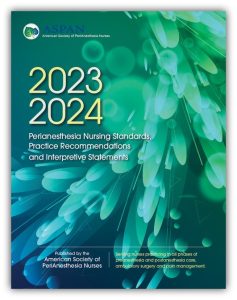
 The MSKCC library will be running two pilot programs for detecting plagiarism and manipulation in manuscript figures, images, and duplication or data fabrication within articles. One resource is Proofig, and the other is ImageTwin. These resources are meant to enhance the integrity of scientific publications via AI-powered image analysis tools, ensuring the authenticity of research data before publication. These programs will run until mid-2025. If you wish to partake in either (or both) pilot programs, please reach out to resources@mskcc.org to set up your account(s).
The MSKCC library will be running two pilot programs for detecting plagiarism and manipulation in manuscript figures, images, and duplication or data fabrication within articles. One resource is Proofig, and the other is ImageTwin. These resources are meant to enhance the integrity of scientific publications via AI-powered image analysis tools, ensuring the authenticity of research data before publication. These programs will run until mid-2025. If you wish to partake in either (or both) pilot programs, please reach out to resources@mskcc.org to set up your account(s).
Updated PubMed Central (PMC) Website
In October 2024, the National Library of Medicine (NLM) updated the PubMed Central (PMC) website. Apart from the most obvious change – the URL of the PMC homepage is now pmc.ncbi.nlm.nih.gov – most of these important modernization updates are related to the digital accessibility of the PMC website and designed to ensure its reliability and sustainability into the future.
More specifically, from PubMed Central (PMC) Transitions to Updated Website – NCBI Insights:
“The updated website runs on cloud services to ensure the website’s long-term sustainability and reliability. It also incorporates U.S. Web Design System (USWDS) components and design principles to improve PMC’s readability and accessibility, whether you are visiting on a desktop computer, mobile device, or accessing its content using assistive technology.”
For example, the PMC article display has been tweaked to improve its readability:

See this section of the PMC User Guide to learn more about the key features and functionality available both on the desktop version and mobile version article displays.
To read about the great work NLM is doing to ensure equitable access to its products – see:
The Future of PubMed Central: Publicly Accessible, Digitally Equitable, Universally Valuable – NLM Musings from the Mezzanine
Questions? Ask Us at the MSK Library!
New eBook: 2023-2024 Perianesthesia Nursing Standards, Practice Recommendations and Interpretive Statements
The newest edition of  ASPAN’s Perianesthesia Nursing Standards, Practice Recommendations and Interpretive Statements is now available. These practice recommendations provide clinical guidance and support to perianesthesia registered nurses.
ASPAN’s Perianesthesia Nursing Standards, Practice Recommendations and Interpretive Statements is now available. These practice recommendations provide clinical guidance and support to perianesthesia registered nurses.
The 2023-2024 edition of the ASPAN Standards contains revised principles of safety and ethics in perianesthesia practice, as well as a new principle defining perianesthesia nursing practice. The new edition introduces an important standard for family-centered care. This edition also hosts a new section dedicated to the presentation of position statements created in collaboration with partnering organizations. The two newest position statements involve workplace civility and waste anesthesia gases outside of the operating rooms.